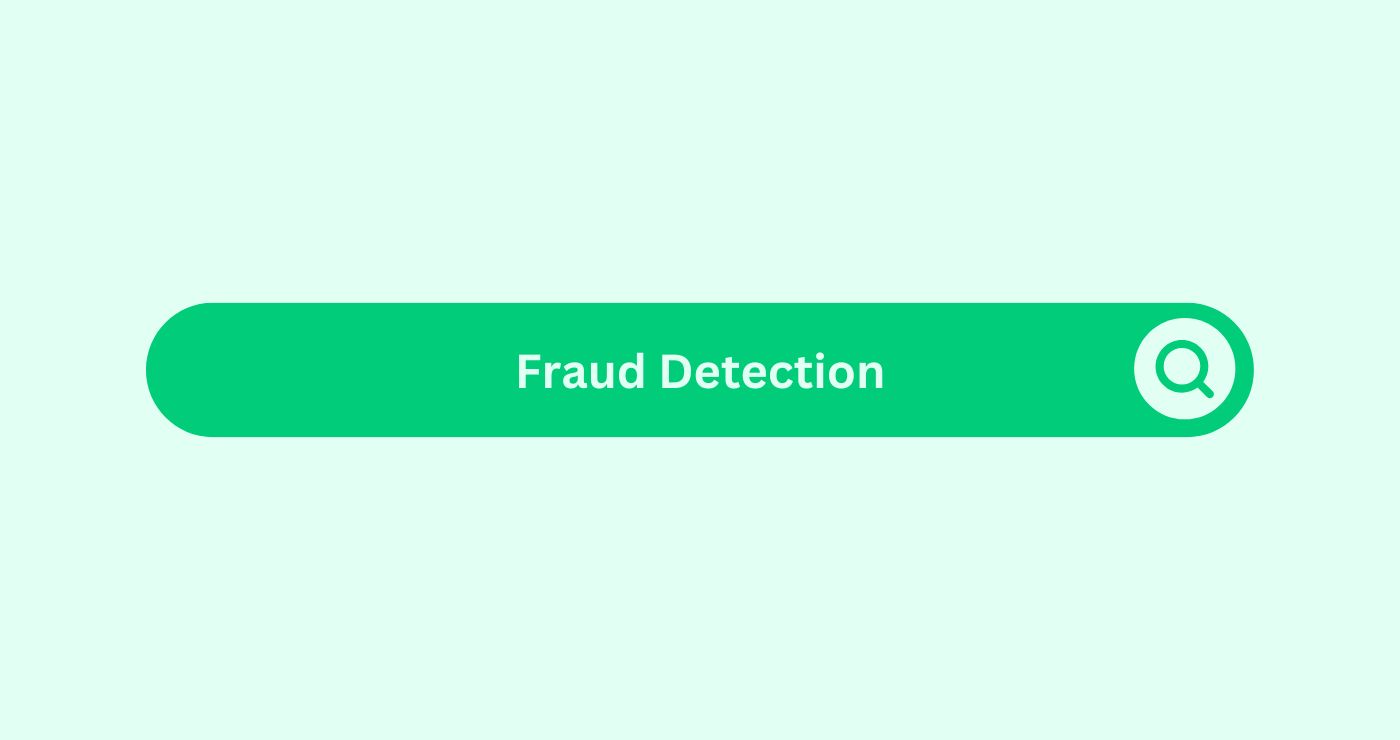Definition
Fraud detection in the world of content marketingDefinition Content marketing strategically creates and share...? That’s using smart tech—think machine learning, a bit of data wizardry—to sniff out all the sketchy stuff that can screw up your campaigns. We’re talking click fraudDefinition the Click fraud in SEO involves fraudulent clicki..., botsDefinition Bots, or robots in SEO, are automated software th... pretending to be people, junk leads, fake engagementDefinition Engagement in content marketing refers to the deg... numbers… the whole circus. These AI models aren’t just sitting around—they’re constantly learning, scanning live data, and picking up on shady behaviour that matches stuff they’ve seen before or just looks plain weird.
Take a performance marketing agency, for example. They can roll out AI-powered fraud detection to keep their clients’ ad budgets from getting torched by bogus clicks, especially when we’re talking about pay-per-click (PPC) campaigns. Over in Auckland, a digital marketing agency might use anomaly detectionDefinition Anomaly Detection in AI Terms in Content Marketin... to weed out fake email leads or spot bounce rates that are totally out of whack. SEO companies? They’re plugging these fraud filters right into their analyticsDefinition In SEO, analytics involves collecting, measuring,..., making sure their backlink audits and keyword reports aren’t being gamed. Local SEODefinition Local SEO in social media marketing boosts online... pros use AI alerts to separate real content wins from numbers that are, let’s be honest, just smoke and mirrors.
All of this stuff—these fraud detection tools. It is always evolving because, surprise, so are the scammers. With these systems in place, marketing teams can jump on problems early, before fraud wipes out their ROI or trashes their strategy. Result? Better campaigns, happier clients, and way more trust all around.
Here’s a quick example:
Let’s say a performance marketing agency is running eCommerce ads for a shop in Auckland. Suddenly, their mobile ad clicks go through the roof, but sales? Flat as last week’s soda. They fireDefinition Fire in Social Media Marketing refers to high-imp... up their AI fraud tools, which are tuned to spot weird patterns like tons of clicks from the same devices, super short visits, or trafficDefinition In the context of SEO (Search Engine Optimisation... from fishy IP addresses. Turns out, nearly half the clicks are coming from known botsDefinition Bots, or robots in SEO, are automated software th....
The agency slaps those sources on the blacklist, and—boom—saves about 30% of that month’s ad budgetDefinition SEO budget is the money allocated for marketing a.... CampaignDefinition An SEO campaign involves focused, Organised effor... performance goes up, the client’s happy, and it’s a textbook case of how smart fraud detection actually moves the needle.
Formulas and calculations? Honestly, most of this is running in the background, but if you’re into the math, it looks something like:
Fraudulent Spend Saved = (Total Ad Spend) x (Percentage of Fraudulent TrafficDefinition In the context of SEO (Search Engine Optimisation... Detected)
So, if your monthly ad spend is $10,000 and you catch 30% as bogus, you just saved $3,000.
| Metric | Formula | Example Values | Result |
|---|---|---|---|
| Fraud Rate (%) | (Fraudulent Interactions / Total Interactions) × 100 | (450 / 1500) × 100 | 30% |
| ROI Recovery | (Ad Spend Saved / Total Spend) × 100 | (900 / 3000) × 100 | 30% |
| Click Validation Score (%) | (Valid Clicks / Total Clicks) × 100 | (1050 / 1500) × 100 | 70% |
| Suspicion Threshold (%) | (Abnormal Pattern Count / Total Events) × 100 | (120 / 400) × 100 | 30% |
| Conversion RateDefinition Conversion Rate in the SEO space refers to the pe... Adjustment | (Conversions / Valid Clicks) × 100 | (210 / 1050) × 100 | 20% |
5 Key Takeaways
- Fraud Detection in AI Terms in Content MarketingDefinition Content marketing strategically creates and share... ensures paid campaigns reflect genuine user behaviourDefinition What is User Behaviour in Social Media Marketing?....
- SEO companies use fraud filters to remove suspicious backlinksWhat are backlinks in the context of SEO? Backlinks, also kn... and click patterns in ranking analysis.
- Performance marketing agencies prevent budgetDefinition SEO budget is the money allocated for marketing a... wastage by identifying non-human trafficDefinition In the context of SEO (Search Engine Optimisation... sources.
- Digital marketing agency Auckland teams rely on predictive modelling to block leadDefinition A Lead in the context of SEO refers to a potentia... fraud and improve conversionDefinition In the realm of SEO, Conversion refers to the pro... quality.
- Auckland SEO experts protect content credibility by excluding invalid interactions from reporting dashboards.
FAQs
What is Fraud Detection in content marketing AI?
It's the use of machine learning tools to detect invalid or deceptive user activity across digital campaigns.
How does a performance agency use it?
They apply it to reduce budgetDefinition SEO budget is the money allocated for marketing a... loss from non-converting or bot-generated trafficDefinition In the context of SEO (Search Engine Optimisation... in paid ads.
Can it work in real-time?
Yes. Most AI-based systems flag suspicious behaviour and block threats immediately.
Is this useful for SEO companies?
Absolutely. It helps eliminate fraudulent backlinksWhat are backlinks in the context of SEO? Backlinks, also kn... and ensures accurate ranking reports.
Do Auckland SEO experts need fraud detection?
Yes. It safeguards local marketing strategies from bot interactions and unreliable engagementDefinition Engagement in content marketing refers to the deg... data.




